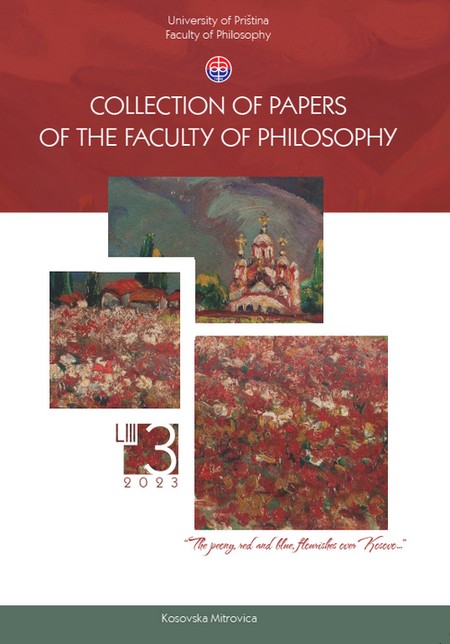Professor’s New Clothes: 21st-Century Teaching Competences in Higher Education
Professor’s New Clothes: 21st-Century Teaching Competences in Higher Education
Author(s): Anita V. Janković, Maja Stanojević GocićSubject(s): Foreign languages learning
Published by: Филозофски факултет, Универзитет у Приштини
Keywords: 21st-century teaching; teacher’s roles; higher education; teacher leadership; content knowledge; learning environment; reflective practice.
Summary/Abstract: The role of teachers in imparting knowledge and facilitating learning is complex and varies across cultures and educational levels. The evolving digital and knowledge society has led to a transformation in education, demanding innovative approaches to teaching and learning and higher education, in particular, is at the forefront of this change, as it prepares students for the future workforce. To develop as effective lecturers, it is crucial for educators to understand the evolving culture of academia and the roles they play within it. Despite the changing landscape of education, there is a lack of understanding regarding how lecturers perceive their roles and competencies in the 21st century. This exploratory study aims to bridge that gap by mapping the self-perception of the lecturers in higher education to identify areas for improvement and develop strategies to enhance teaching effectiveness. The research design for this study is quantitative in nature, employing a questionnaire based on the conceptual framework the 21st-Century Teaching Competences to gather data and draw conclusions on the self-perception of teachers in higher education. The approach involves administering the questionnaire to a convenient sample of 53 lecturers of the University of Priština in Kosovska Mitrovica. The analysis of the survey data suggests that lecturers hold a positive perception of their teaching competencies and generally view themselves as competent in their roles, particularly their proficiency in teacher leadership and content knowledge. However, the study also highlights some challenges and areas that require improvement such as enhancing leadership skills beyond the classroom, addressing the needs of students with special needs, implementing student-centered instructional approaches, and effectively integrating digital technology into teaching practices. By directly addressing the existing gap in knowledge regarding lecturers’ perceptions, this study offers practical and actionable insights.
Journal: Зборник радова Филозофског факултета у Приштини
- Issue Year: 53/2023
- Issue No: 3
- Page Range: 37-54
- Page Count: 18
- Language: English

